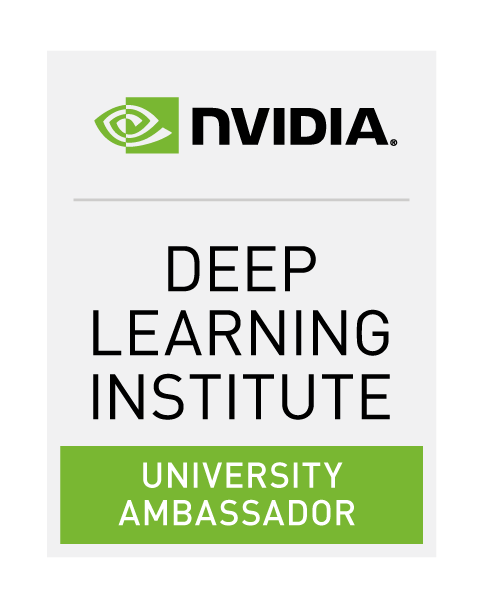- Indico style
- Indico style - inline minutes
- Indico style - numbered
- Indico style - numbered + minutes
- Indico Weeks View
[ONLINE] Applications of AI for Anomaly Detection (EuroCC)
→
Europe/Prague
207 (ONLINE)
207
ONLINE
Description
Annotation
Detecting anomalies is challenging as it is hard to retrieve labeled training data for supervised training. Anomalies are after all events that occur less likely and sporadically. They also can show a broad range of effects which not all can be covered during training.
Different approaches are hence needed in order to train the machine and deep learning models for identifying situations that are rare and cannot be (fully) labeled.
This course covers three different methods, using XGBoost, Autoencoders, and Generative Adversarial Networks (GANs). For each, detailed hands-on exercises are provided to learn how to use these methods and how to tackle the lack of labeled training data.
In this workshop, developers will learn how to:
- Prepare data and build, train, and evaluate models using XGBoost, autoencoders, and GANs.
- Detect anomalies in datasets with both labeled and unlabeled data.
- Classify anomalies into multiple categories regardless of whether the original data was labeled.
This training will be held ONLINE and will NOT be recorded.
Level
beginner
Language
English
Prerequisites
Experience with programming in Python and basic experience in training deep neural networks.
NVIDIA developer account is needed prior to the event. Please see the section "Practicalities" below.
Tutor
Georg Zitzlsberger is a research specialist for Machine and Deep Learning at IT4Innovations. For over four years he has been certified by NVIDIA as a University Ambassador of the NVIDIA Deep Learning Institute (DLI) program. This certification allows him to offer NVIDIA DLI courses to users of IT4Innovations' HPC services. In addition, in collaboration with Bayncore, he was a trainer for Intel HPC and AI workshops and conferences carried out across Europe. He has been contributing to these events, which are held for audiences from industry and academia, for five years. Recently, he also received instructor certifications from Intel for oneAPI related courses.

Acknowledgments

This project has received funding from the European High-Performance Computing Joint Undertaking (JU) under grant agreement No 101101903. The JU receives support from the Digital Europe Programme and Germany, Bulgaria, Austria, Croatia, Cyprus, Czech Republic, Denmark, Estonia, Finland, Greece, Hungary, Ireland, Italy, Lithuania, Latvia, Poland, Portugal, Romania, Slovenia, Spain, Sweden, France, Netherlands, Belgium, Luxembourg, Slovakia, Norway, Türkiye, Republic of North Macedonia, Iceland, Montenegro, Serbia. This project has received funding from the Ministry of Education, Youth and Sports of the Czech Republic.


This course was supported by the Ministry of Education, Youth and Sports of the Czech Republic through the e-INFRA CZ (ID:90254).
All presentations and educational materials of this course are provided under the Creative Commons Attribution-ShareAlike 4.0 International (CC BY-SA 4.0) license.
Support

